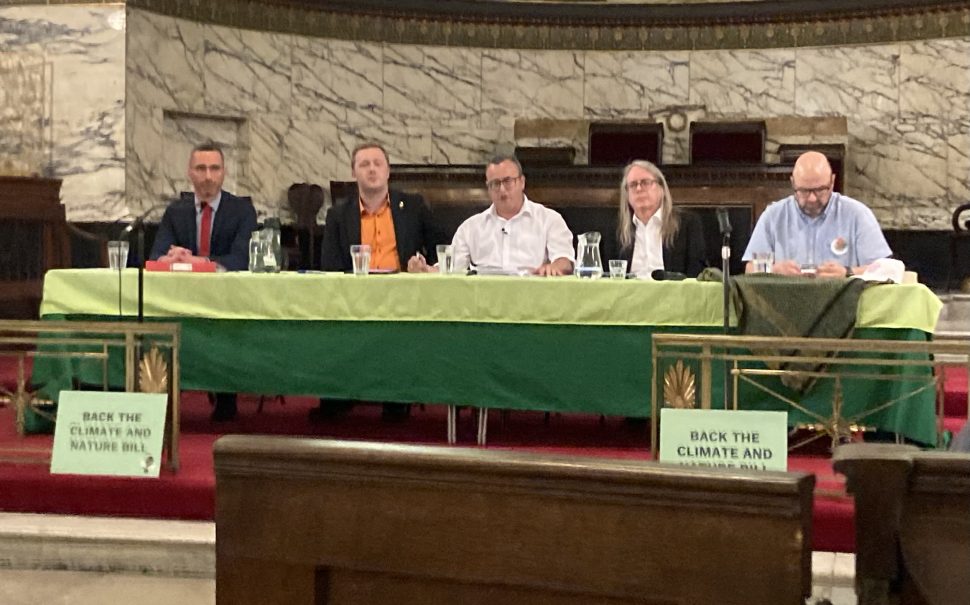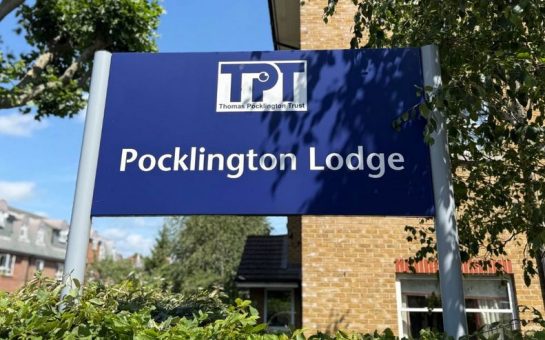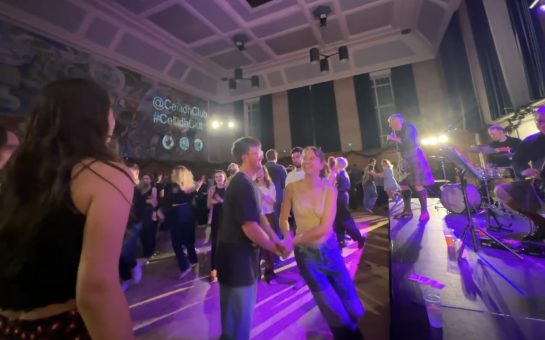Candidates and party representatives for clashed over a plethora of to climate and nature issues at an election hustings in Keir Starmer’s constituency.
The event in Holborn and St. Pancras was organised by Zero Hour, a campaign group advocating for a Climate and Nature Bill, and 24 other organisations contributing, with five of the 12 candidates invited to attend.
The four main parties were invited, with the Liberal Democrats and Greens sending their candidates Charlie Clinton and David Stansell.
Labour sent Adam Harrison, a local councillor and Cabinet Member for a sustainable Camden, to deputise for party leader Starmer.
The Conservative Party declined to send representation.
Independent candidate Andrew Feinstein, a former MP from South Africa who joined the race opposing The Labour Party’s stance on Gaza, also attended.
The four men made opening and closing statements and answered questions submitted by residents and curated by the host on a variety of topics.
Over the hour and a half, they clashed on national topics like phasing out gas heating and retrofitting social housing stock, to local issues like growing more fruit and vegetables in the borough and balancing the need for access to nature and requirements for more housing.
Feinstein used the opportunity to make his credentials known, emphasising his experience in government drafting legislation as an MP in South Africa’s first democratically elected government under Nelson Mandela.
He argued for restoring Labour’s £28 billion climate fund, bringing energy back into public ownership, and grant funding to upgrade social housing.
I asked Feinstein why someone who wanted to send Labour a message on these issues should vote for him, rather than the Greens.
He said: “I understand, alone amongst all the candidates, the only way we’re going to address the climate catastrophe is by a profound and fundamental change to the nature and function of our economy.”
While he complimented the Greens at times, he said they were in danger of becoming an establishment party.
I also asked him, given he has been most vocal about the ongoing war in Gaza, where climate sits in his priorities.
Feinstein said: “The issue of Gaza is incredibly closely related to the issues of climate and the issues of the crisis that people face making it through every day.”
He argued spending billions of pounds on defence should be spent on tackling the climate crisis, specifically referencing the increased spending outlined by both The Conservatives and Labour.
The two candidates also clashed over High Speed 2 (HS2), the contested new high-speed rail line which was set to have its terminus in Euston.
Feinstein called for the scrapping of HS2 – and chastised the Green Party for having moved away from this stance in it’s 2024 manifesto – something the audience in the room was happy to hear.
He also said ending the indecision on the leg from Old Oak Common to Euston, no matter what the outcome, was key so it can be prepared for locally.
Green Party candidate Stansell responded by saying there was no easy answer.
With the desire to reduce domestic flights, and with the leg between Birmingham and London already well underway, he argued it was time to look at the HS2 policy again.
He stressed no conclusions had been made within the party, and expressed the desire for more mitigation for nature disrupted along the route.
In terms of policy proposals, the Green candidate had the largest variety to expound.
From compulsory food education and local roof gardens to 40 billion a year on renewables, a carbon tax, and a desire to make London the next Amsterdam in terms of transport.
I asked Stansell, with his party campaigning on the message that more Green MPs would push Labour to be bolder, what that would look like in practice.
Stansell said: “Pushing looks like having 4 MPs that can table bills, that can get a share of the short money so we can campaign actively for various policies and we can help initiate bills like the climate and nature bill.”
I also asked which issues he would prioritise if elected.
He said: “Housing is the big issue, housing is absolutely desperate here, quality repairs both for leaseholders and tenants, the issues are apparent everywhere you go.
“My fear is that the Labour council’s proximity to commercial developers does not necessarily solve that problem.”
Clean air, active travel, and public transport were also areas Stansell said he would focus on that were important to the constituency.
Across the hustings, Clinton, the Liberal Democrat candidate, highlighted being more ambitious than Labour, but more realistic than the Greens.
Clinton said climate was why he got into politics and pointed to his background working in sustainability for Unilever to showcase his experience in the area.
He advocated for policies such as community-based solutions to local problems, a more substantial windfall tax on oil, legal targets for housing, more onshore wind, and selling some social housing to pay for retrofitting the rest.
Speaking after the hustings, Clinton explained why a constituent should vote Lib Dem here if they care about the policy issues.
Clinton said: “Every vote for us will be a vote for stronger climate policies and I want to see Kier Starmer’s vote share going backwards so that he has to pay attention.”
The Labour Party representative was perhaps the most cautious of the four, with Harrison not speaking to any reporters after the main event.
This gave journalists little chance to quiz him over Labour’s decision to dump their £28 billion climate pledge.
He was also shouted down several times by members of the audience on issues around Israel and Gaza, and also his not being Keir Starmer, the actual candidate in this seat.
However, he used his time to speak about Labour’s proposed GB Energy, a publicly owned company to drive investment in clean energy.
Furthermore, he expanded on their proposed insulation programme, decarbonised the grid by 2030, banning bee-killing pesticides, a countryside protection plan, and giving communities the right to buy derelict land.





Join the discussion